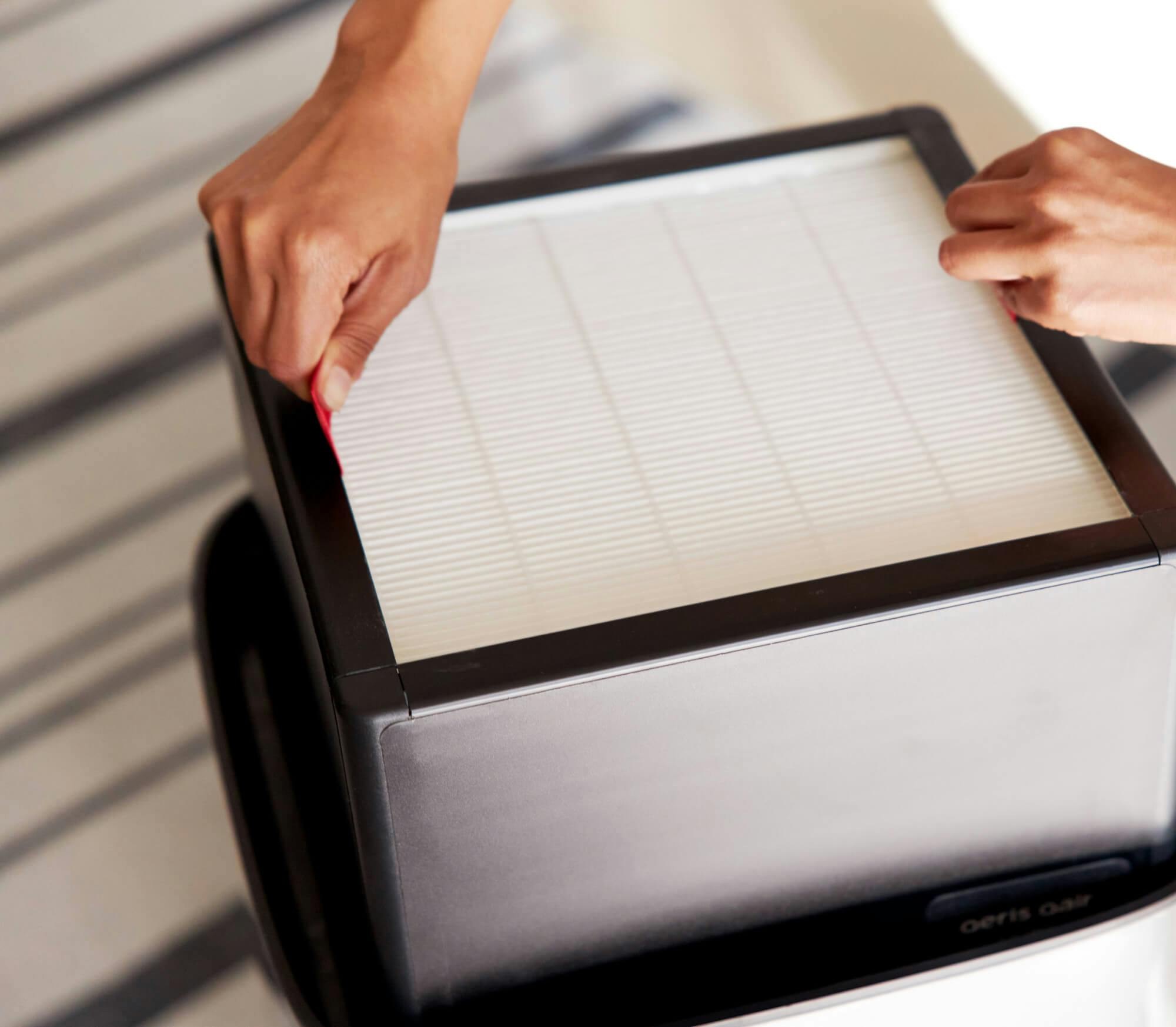HEPA filters ranked H13 and H14 provide clinical environment quality and effectiveness.
HEPA is the abbreviated way of saying, high efficiency particulate air. For an air purification system to be used in a medical environment, it must have either an H13 or H14*** filter. This is a degree of separation from a standard purifying system. The higher the number the more dense the filter.
H13*** filters can absorb microns as small as 0.1 (PM 0.1) with an effectiveness rate of 99.95%. H14*** filters guarantee the same performance with a safety rating of 99.995%. Both filters are highly efficient and within the range of standard practices for a clinical environment.
HEPA filtration ensures you breathe nothing but clean, refreshing, safe air.
H13*** filters can absorb microns as small as 0.1 (PM 0.1) with an effectiveness rate of 99.95%. H14*** filters guarantee the same performance with a safety rating of 99.995%. Both filters are highly efficient and within the range of standard practices for a clinical environment.
HEPA filtration ensures you breathe nothing but clean, refreshing, safe air.

